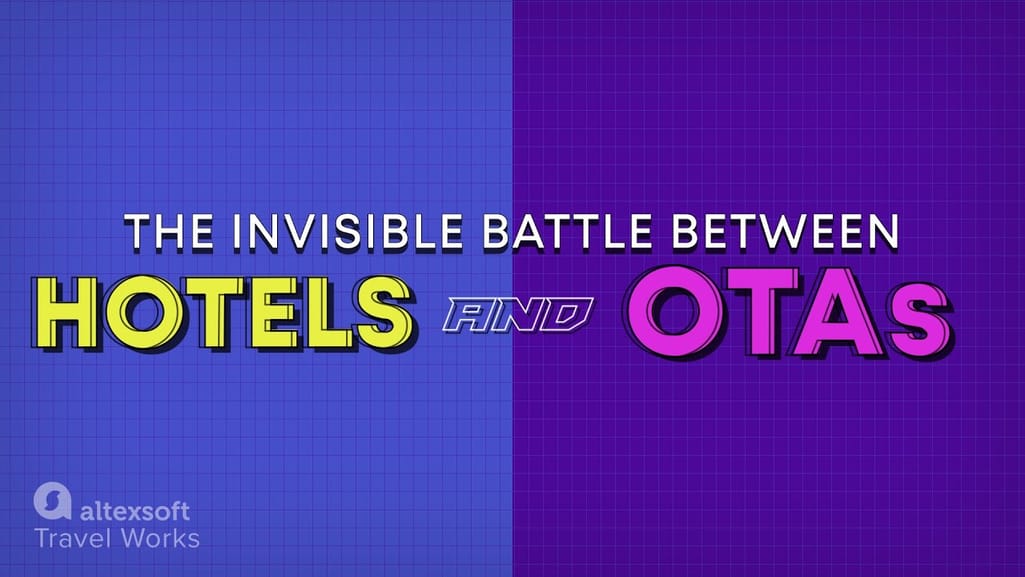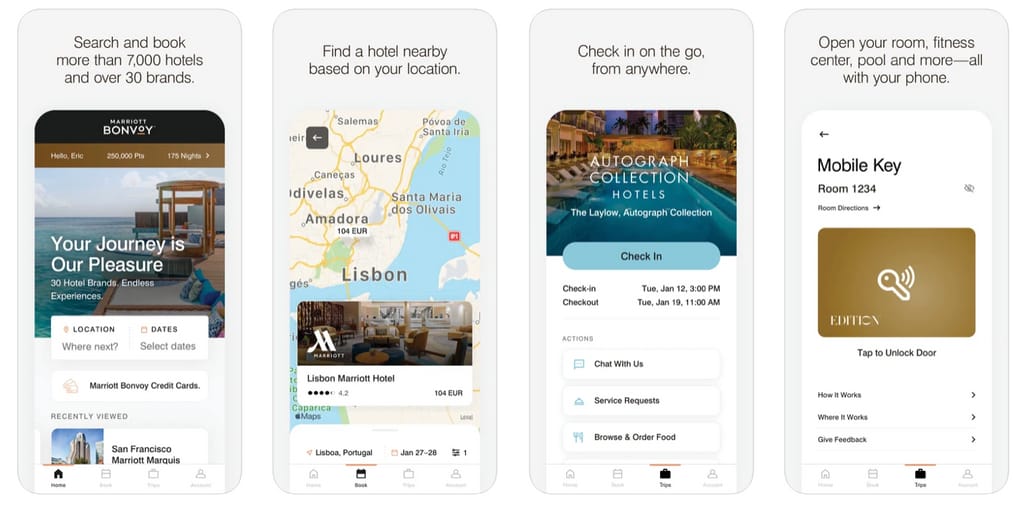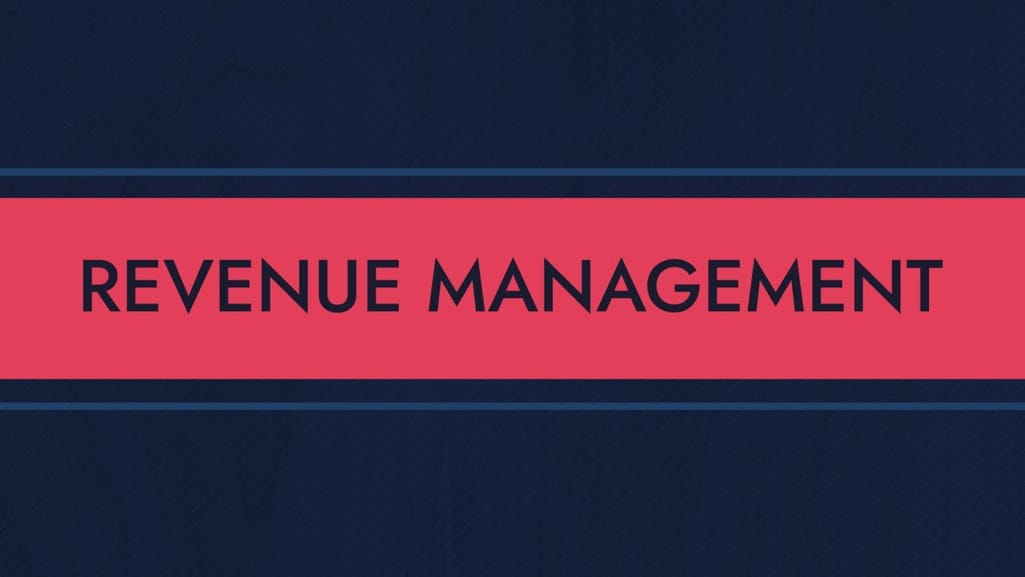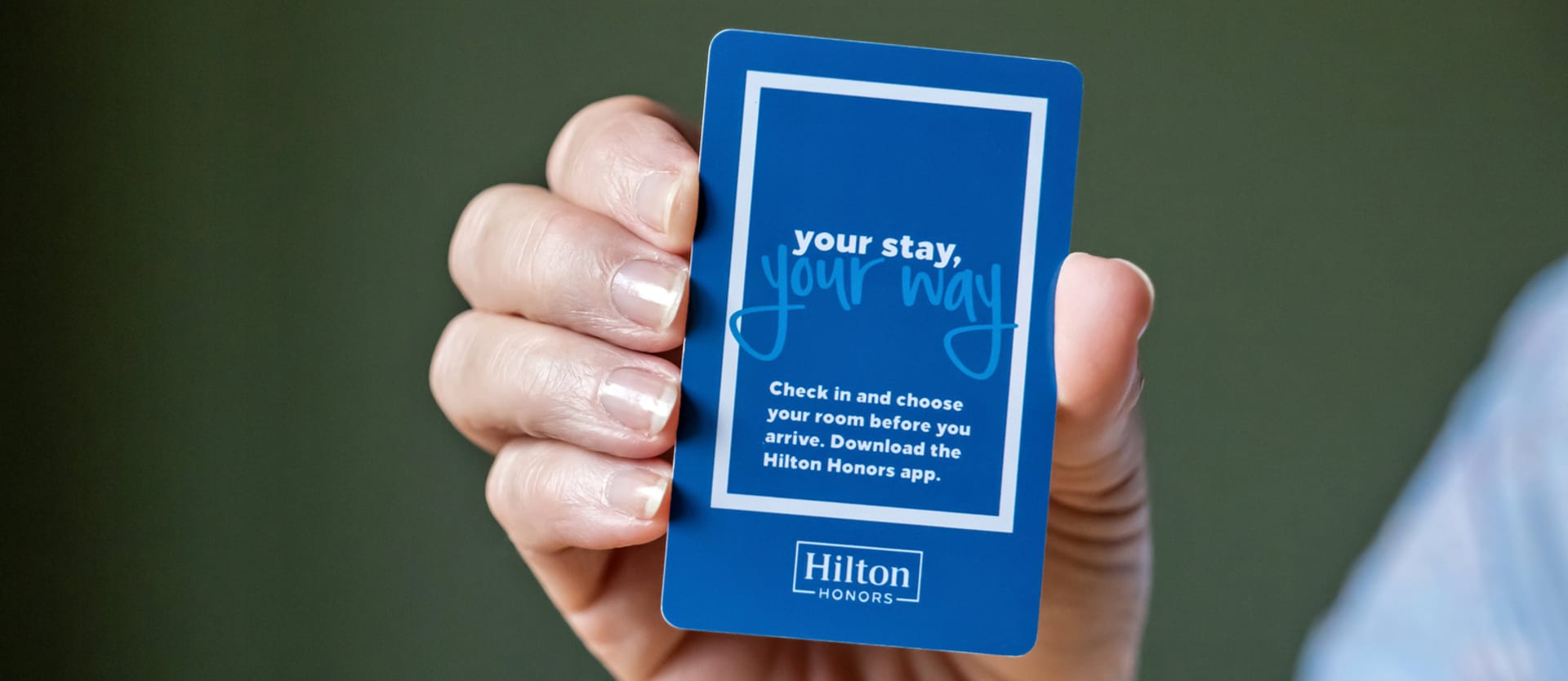Hotels have experienced a surge of direct bookings during the pandemic. Yes, while the overall number of bookings dropped due to COVID-19, a group of hotel-branded websites became the third most popular booking channel, in some cases even surpassing Expedia traffic. Why is that?
The overall uncertainty revealed the lack of trust travelers have for OTAs. In search of relevant, up-to-date information, people feel more confident on a hotel's website: Is the property open? What are their hygiene protocols? Are there any restrictions they need to know about? And with local travel on the rise, it’s become easier to just call the hotel.
Yet this increase in direct traffic can’t tip the scales in a hotel's favor. OTAs are too strong of competitors to back off, so hotels still need to know how to capitalize on their offers and increased traffic. Here, we will talk about some of the strategies hotels are using to drive direct traffic and turn it into sales.
The overall uncertainty revealed the lack of trust travelers have for OTAs. In search of relevant, up-to-date information, people feel more confident on a hotel's website: Is the property open? What are their hygiene protocols? Are there any restrictions they need to know about? And with local travel on the rise, it’s become easier to just call the hotel.
Yet this increase in direct traffic can’t tip the scales in a hotel's favor. OTAs are too strong of competitors to back off, so hotels still need to know how to capitalize on their offers and increased traffic. Here, we will talk about some of the strategies hotels are using to drive direct traffic and turn it into sales.
Direct booking strategies for hotels
Let’s quickly recap why direct bookings are so important for hotels. The reason is simple -- it’s simply cheaper to sell rooms on owned channels rather than on a third party's. Hotels pay OTAs 15-30 percent of fees per booking and due to rate parity, they can’t put lower prices on their branded websites. So, each sale made directly on the hotel’s website brings up to 30 percent in increased revenue.

Make sure to watch our video for a detailed explanation of rate parity
Since hotels can’t attract customers with better prices, they must find other ways to do it. Many of direct sales boosting strategies fall into one of the following categories.Strong branding. For customers to type a hotel’s name into the search bar instead of going to Agoda, a hotel should have a unique selling proposition. It doesn’t have to be an Eiffel Tower view or a star chef. The most common scenario is providing small but convenient perks like self check-in, complimentary dinner, or a beneficial rewards program. By the way, rate parity doesn’t apply to loyalty program members, so they often get lower rates.
Extensive promotion of direct bookings. Hotels should shout out the benefits of direct booking at the top of their lungs. On the website, on social media, in ad campaigns -- potential customers should have tons of touchpoints with your brand at every stage of the user journey and know that it pays off. You will further see that marketing is the most influential tool big hotels brands use.
Revenue management tactics. While the previous strategies work for customer acquisition, revenue management helps yield the most value from those customers. By using analytics and keeping track of hotel KPIs, properties get insight into customer behavior and know how to accurately price their offerings.
Now, let’s see how direct booking strategies help hotels succeed.
Marriott boosts direct sales by 70 percent on the loyalty app
A strong and beneficial loyalty program is the best way for hotels to secure a constant inflow of direct bookings. Marriott is one of the most prominent examples.After acquiring Starwood Hotels in 2016, the brand became the world’s largest hotel company, and now combines the membership bases of three hugely popular rewards programs: Ritz-Carlton Rewards, Starwood Preferred Guest, and Marriott Rewards. The consolidated Marriott Bonvoy program has around 140 million members.
The popularity of the Bonvoy program is fueled by a few factors.
Marketing. An ad campaign debuting Bonvoy during the Oscars in 2019 reached a massive audience and aimed to build strong branding. Global media coverage, marketing expenses, and social media buzz turned the brand launch into one of the biggest hospitality events of the year.
User experience. The Bonvoy app introduced a mobile-first booking experience that incorporates hotel chat features, mobile keys, guest reviews, convenient search and booking features, and multi-lingual support.

Marriott spend three years developing the Bonvoy program and the effort is reflected in its comprehensive app
Personalized offers. In collaboration with IBM, Marriott uses customer data and AI to understand travelers better, distinguish between leisure and business guests, and cater to their personal needs.These benefits resulted in a 70 percent increase of direct sales on the Bonvoy app. At the same time, the company’s OTA bookings declined 100 basis points year over year as Marriott limits its dependence on OTAs.
Hilton’s direct sales outperform other channels thanks to a mega-successful ad campaign
“Expect Better. Expect Hilton” is the most recent slogan the company is using to highlight its direct booking features. Hilton’s first celebrity-driven campaign featuring actress Anna Kendrick highlights the numerous perks of using the official website -- the price match guarantee, a digital key, the ability to select a room, and free Wi-Fi.

A series of cheeky ads brings the point across
The campaign included content optimized for different platforms and mediums and was created to resonate with millennial and Gen Z consumers as potential brand advocates on social media.Over the year since the campaign launch, direct web bookings grew three times faster than bookings on other channels.
Best Western France personalization tactics increased turnover by 150 percent
While attracting new customers is important, the next step in increasing a hotel’s revenue is matching supply and demand. The science of selling the right room to the right customer for the right price is called revenue management.

Check out this video to learn more about RM
In a nutshell, it gathers data about guests, segments them into groups, and displays personalized deals that they will be most inclined to take. Moreover, the massive amounts of data can even help predict the demand and assign the most favorable price in current market conditions -- a technique called dynamic pricing. Watch our video on the topic here.Here’s how Best Western France used AI-backed revenue management to target customers with relevant offers. To improve the turnover of their email marketing campaigns, they fed guests’ stay history and preferences data to predictive AI algorithms.
The algorithms identified two things:
- What products (hotels, destinations, regions) interest customers the most
- What customers are most likely to book certain products at specific time
Hyatt’s targeted social media ads delivered 80 percent higher ROI
Another example of personalization comes from Hyatt. They used a different marketing channel -- social media. Just like many of its competitors, Hyatt’s selling point is the loyalty program that offers an up-to-10-percent discount for booking on the official website and app. The brand wasn’t ready to splurge on ads like Hilton and Marriott, so it created highly-targeted social media campaigns based on potential guests’ behaviors.Using data from Visa Audiences that provides insights into online transactions, Hyatt got access to frequent buyers of hotels in North America and identified different audiences. Then, they created targeted social media ads offering exclusive discounts and benefits for direct booking, such as online check-in, round-the-clock customer care, and so on.
Buyers targeted via this campaign yielded an 80 percent higher ROI than other audiences.
Fairmont acquires 20 percent more direct revenue with Facebook ads
A similar campaign has been launched by Fairmont. Facebook Travel Ads is a solution for hotels, airlines, and OTAs that want to run marketing campaigns to potential travelers and visitors from hotel websites -- basically, people who Facebook’s ML tool finds to be planning travel activities.Using a vendor to set up the campaign, Fairmont managed to improve revenue by 20 percent and cost-per-booking by 34 percent and attracted over 2,500 bookings to fairmont.com within a single run.
La Quinta gains 30 percent more conversions with metasearch techniques
Metasearch engines are the best alternative to OTAs as they usually charge smaller fees and actually bring users to hotels’ websites. From there, you can work on upselling, hooking customers in with loyalty programs, and collect their data. That’s why a smart metasearch strategy is so important for direct booking success.Let’s look at a successful case using the example of La Quinta on Google. The most challenging thing about posting ads on a metasearch is bidding. Here’s how La Quinta set up its bidding process.
- The company uploaded data about its loyalty members to Google Ads to be able to bid higher when its most valuable buyers are searching for the hotel on Google.
- La Quinta also set up different bids for people who previously visited their website to stay on their radar.
- Considering these signals, La Quinta managed to target even the most general keywords like “Dallas hotel” and use the collected data to correct its strategy.
Key takeaways
Although in this article, we talked a lot about the results of specific events, like campaigns or new feature launches, you can’t attribute a hotel’s success to a one-time experiment. To create a sustainable direct booking strategy, you must constantly work on their improvement. Let’s break down the lessons we learned from the aforementioned brands into some actionable steps.Create a rewards program your guests will love. Loyalty members are hoteliers’ bread and butter. Learn who your audience is and offer benefits they will be excited about. Invest in personalization to make sure you understand each and every one of your members and be generous. Targeted bonuses like a bottle of wine in their room or expedited check-in won’t cost you much but would mean the world to your guest.
Learn to manage all of your channels. Social media, metasearch websites, and third parties ultimately created more direct traffic. Learning to use them to your advantage usually requires the understanding of data analytics and even applying prediction mechanisms. Invest in technology and someone to help you with it. Which brings us to the next point.
Work with a technology partner. Hospitality brands should be focused on delivering great guest experience, which is why even hotels with large budgets partner with experts to do the IT heavy lifting for them. A vendor can build a property management system and a booking engine, set up metasearch bidding, run marketing campaigns, and help develop revenue management strategies and data flows.
